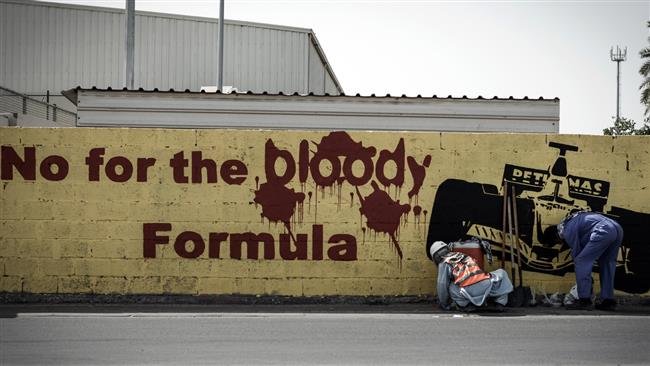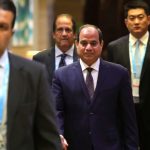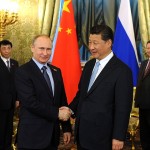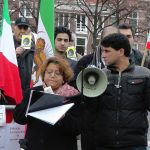by Joe Stork
Najah Yusuf, a 42-year-old mother of four, has been languishing in a Bahraini jail for nearly two years ever since intelligence officers found messages on her cell phone promoting anti-government protests. At her trial, which in June 2018 resulted in a three-year prison sentence, the prosecution presented Facebook and Twitter posts of protests, including ones that urged people to participate in a “Stop Formula of Dictatorship” rally and “Freedom for the Formula 1 Detainees.”
Bahrain has been on the Formula One circuit since 2004. The race became a target of anti-government protesters as political tensions grew in subsequent years. In 2011, the race was cancelled following the popular uprising that February and the martial law regime that followed. In 2013, masked security forces conducted arrest raids in homes near the Formula One circuit. Human rights groups say Bahrain has used its participation in international sporting circuits to offset its reputation for brutal political repression. As one international researcher put it, however, “the problem for Bahrain as it seeks to launder its image is that there is a lot to cover up.”
Yusuf has alleged that officers sexually assaulted and beat her over the course of five days of interrogation in late April 2017, and forced her to sign a confession that they would not allow her to read. The court ruling also cited social media posts that included photos and videos of other protests involving youths throwing “Molotov cocktails” at security forces. Yusuf denied having posted these on the accounts, which had multiple administrators.
The court convicted her of advocating the “toppling and reformation of the political and social system” and “propagating terror crimes” by means of “propaganda recordings.” In addition, “she was in contact with a person in London and had sent them false news and information for them to share on satellite channels, which have indeed been broadcasted.”
“All of that,” the court ruling said, was “to defame the state, hurt its interests, distort the image of the kingdom abroad, inciting the non-appliance to law, promoting and inciting the change of the ruling regime through unlawful methods, and insulting the authorities in the kingdom of Bahrain.”
In November 2018, at the behest of human rights groups, Formula One raised Yusuf’s case with Bahraini authorities. The government responded with the preposterous claim that it protects basic freedoms “robustly” and that “no one is detained for expressing their political views.” In February, 17 human rights groups urged Formula One to call publicly for Bahrain to drop all charges against Yusuf relating to her right to free expression, release her, and hold accountable any officers responsible for her ill treatment. Formula One responded that following “dialogue” with Bahrain, “we were assured” that Yusuf’s detention, charges, and conviction “had nothing to do with peaceful protest around the Bahrain Grand Prix.” A government statement on March 6 reiterated that Yusuf “was charged and subsequently convicted by a court of terror offences.”
Bahrain’s Formula One this year is scheduled for March 28, so the Formula One folks have a few weeks to up their game with Bahrain’s ruling clique. They should take a page from the way FIFA, the international football association, and the International Olympic Committee responded to Bahraini soccer star Hakeem al-Araibi’s battle against extradition to Bahrain from Thailand on trumped-up criminal charges and likely torture. A top FIFA official, sustainability and diversity chief Federico Addiechi, attended al-Araibi’s extradition hearing in Bangkok.
If Formula One executives fail to respond, perhaps it will be time to reach out to other Formula One stakeholders—race-car drivers, car manufacturers, and fans—to emulate their football counterparts and insist that Formula One actually abide by its proclaimed commitment to “respecting international human right in its operations globally” and “conducting due diligence” to identify “actual or potential human rights impacts.” So far, Formula One has been dodging its responsibility by proceeding with this year’s race while Najah Yusuf remains in prison.
Joe Stork is chair of the advisory board of the Gulf Center for Human Rights and former deputy director of Human Rights Watch’s Middle East division.






This is an apolitical comment on the economic side of the issue. Bahrain’s economy relies mostly on the services sector which includes, among other things, tourism, among which components is sports tourism such as the Formula 1 event. To sabotage such an event is quite detrimental to all Bahrainis. I wish Bahrain all the best, especially that it has one of the best peoples in terms of kindness and hospitality.
Very sad how western governments support autocracies elsewhere, and it is even more sad when such liberal organizations choose to work with autocrats against the people’s will and Democracy!